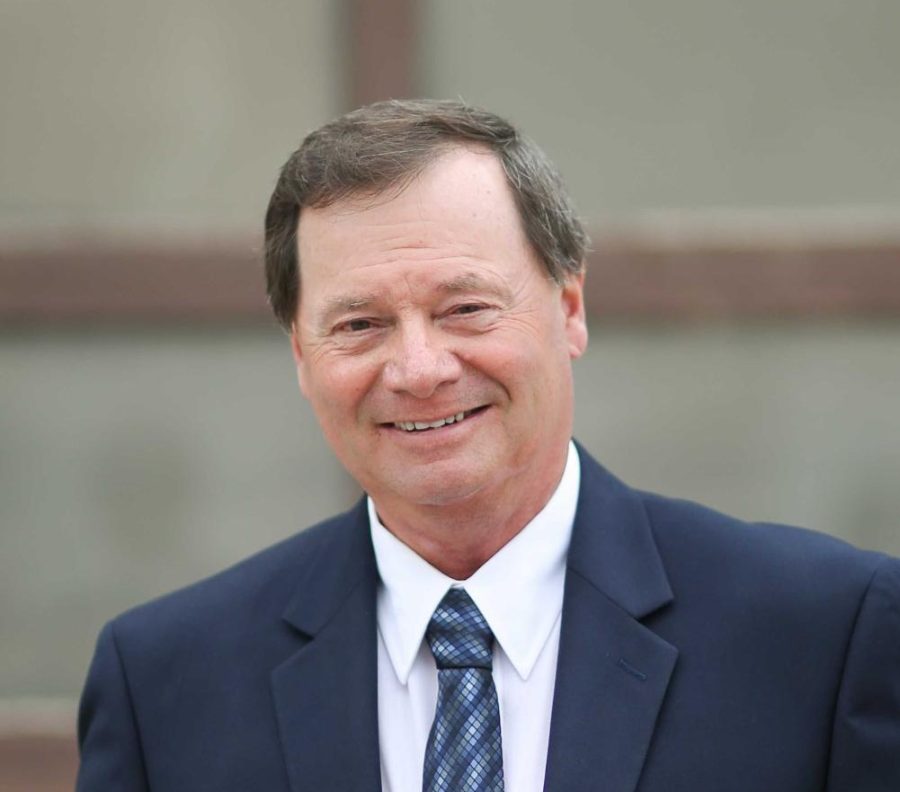Our new normal
January 23, 2022
As we enter 2022, I think it’s safe to say the era of predictable unpredictability is not going away anytime soon.
In 2021, people were hoping that with vaccines they would get their old lives back soon and we would return to life as usual. I’m afraid the pattern for the 2020’s will not be that of the familiar pre-Covid years but rather a new, uncharted normal.
We as a nation have weathered storms before. We’ve adapted and continued to thrive.
The terrorist attacks on September 11, 2001 transformed air travel in waves. Each new terrorist plot in the years that followed exposed a weakness that required a new rule. First came locked cockpit doors, more armed air marshals, and bans on sharp objects. Later, suspicion fell on bottles of liquid, shoes and laptops. The rules for air travel changed but did not stop us in our tracks.
Our country faced a fork in the road and found a way to move forward. It is in our nature to adapt. For almost two years, people have adapted to shifting regimens of mask wearing, Covid tests, vaccinations, lockdowns, remote working, remote schooling, and so on.
As outbreaks of new Covid cases and variants ebb and flow, we can also expect these regimens to evolve. A century has lapsed between the Spanish Flu and Covid-19, but the next planet-conquering pathogen could strike again much sooner. In the age of global travel and urbanization, the proximity of people and animals may accelerate the incubation of new human diseases.
The pandemic has shown how people, businesses and industries adapt. Remote shopping, working from home, and the Zoom boom were once the future. They have rapidly become as much of a norm as picking up groceries or driving the daily commute.
New technologies now become routine in a matter of years. Just 15 years ago, smart phones did not exist. Today more than half the people on the planet carry one.
The pandemic has no boundaries, much like climate change. Both are emblematic of the interdependence between nations. No single nation or group of nations can end the pandemic. Nor can a small group of nations slow climate change. It takes every nation and every community to combat these crises. Despite the best efforts to contain them, viruses cross frontiers as easily as molecules of methane and carbon dioxide enter the atmosphere.
As with all things, there are solutions. Vaccines save lives. However, many people are reluctant to get vaccinated. The numbers show that most of the people dying and filling our hospital beds are not vaccinated. Likewise with global warming, we have everything to gain from working together but we’re falling short. The accumulation of long-lasting greenhouse gases in the atmosphere means the extreme and unprecedented weather we saw in 2021 is here to stay.
I, like many of you, am suffering from Covid fatigue. My monthly poker games are on hiatus. My wife and I have reduced our visits to local restaurants and increased our curbside pick-ups. We go to fewer sporting events. I see fewer colleagues in the halls and offices of the State Capitol.
My desire to return to pre-Covid days may be too nostalgic. Some people see benefits from the changes brought about by Covid. Many people like to work from home. Remote services can be cheaper and more accessible. Changing technology can bring advances in medicine and mitigate global warming.
Even though some people have embraced certain changes, there is an unsettling feeling that moving so far away from our old way of life means that it is forever gone. The pandemic has been like a one-way door. Once you pass through it, there is no going back.
Fortunately, we are a resilient people. Each and every one of us share the responsibility to combat society’s challenges like Covid and climate change. If we work together, we will emerge stronger than ever. Our new normal can be a place where everyone thrives.











